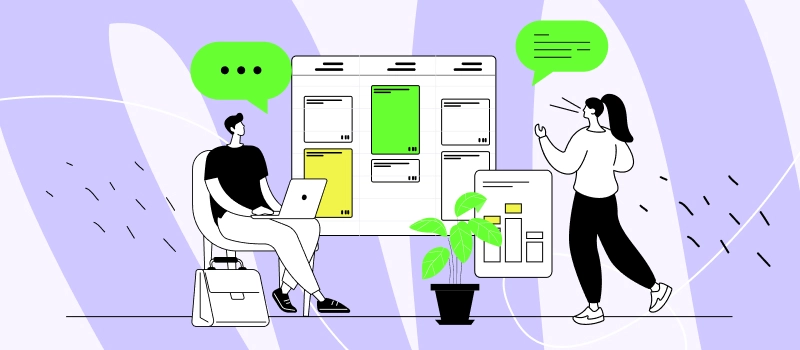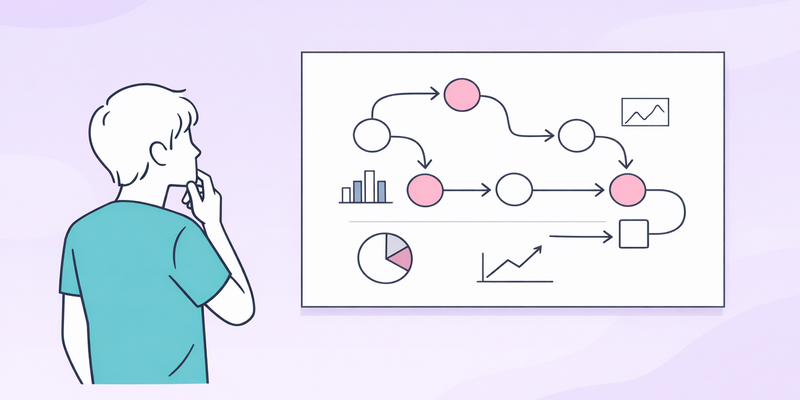
Lack of sleep seems to be a part of the image of a hard-working person. The more you work, the less you sleep, right? However, in reality, it isn’t quite true.
The truth is, the effects of sleep deprivation on productivity are detrimental. Sacrificing sleep for work is extremely disruptive for careers and success.
Sleep deprivation has become an epidemic in the US: and a RAND Europe study saw that 1.2 million working days are lost annually because of it.
“Our study shows that the effects from a lack of sleep are massive,” explains Marco Hefner, the man behind the study. According to him, sleep deprivation not only affects an individual’s health and well-being –it also leads to significant losses in the economy.
The correlation between sleeping habits and work results has been proven by a lot of other researchers as well as health and medical experts. Here are 5 ways sleep deprivation can affect productivity.
Physical exhaustion
Insufficient sleep turns tiredness into exhaustion. And it goes without saying that you cannot do your work properly when you’re exhausted.
Just an example familiar to almost everyone. Even if you finished that report on time last night, you’ll be hardly able to present it properly: chances are, you’ll be too busy trying to stay awake.
HR manager and consultant Kate Russell states: “Tiredness poses a severe challenge to our ability to function well, yet it is frequently the root cause of decreased productivity.”
Inability to focus
Not only our body gets tired due to sleep deprivation. Our mind suffers too, and it impairs the ability to concentration work. It gets harder to refocus on the task at hand – or anything else for that matter – after getting distracted (which, admit it, happens all the time).
Leesa points out that sleep deficit is a prime cause of this detrimental effect. We notice it when even returning back to work after the lunch hour is difficult. Failing to concentrate leads to errors, which then impacts productivity.
Mistakes, accumulated in a domino effect
The Washington Times suggests that loss of sleep can even exacerbate situations when errors happen. Ina phone survey, they found out that people experiencing symptoms of insomnia were twice as likely to commit mistakes at work.
Misunderstanding tasks, confusing documents and data, forgetting important to-dos are among the common consequences. Errors or damages arising from them were calculated to cost an average of $500 each – that’s the economic effect of sleep deficit.
Creativity falls
Lack of sleep takes a toll on our creativity and problem-solving skills: it’s not easy to come up with brilliant ideas when you’re tired and sleepy.
Healthy sleep helps reclaim our creativity. The greatest minds emphasize its importance: for example, Bill Gates confessed that he needed at least 7 hours of sleep to stay creative.
It goes back to the idea that sleeping makes for a more active mind, which unregenerate new solutions to address existing issues, or improve workplace processes, or takeout work to a new level.
Increased stress
While our creativity decreases when we are sleep deprived, stress levels increase. A study published in the Journal of Behavior Therapy and Experimental Psychiatry showed that people who sleep less tend to focus on negative thoughts, leading to more stress and anxiety.
It’s not uncommon that home problems or family conflicts get the best of us at work. Working properly becomes more difficult, because it’s hard to switch off those problems and focus on work. This affects not only our productivity, but our overall well-being too.
Emotional instability
Finally, another detriment to work productivity caused by sleep deprivation is emotional instability. Lack of sleep makes us irritable and cynical, which impairs our emotional intelligence.
Misinterpretations, conflicts and aggressive behavior are extremely disruptive for the environment at the workplace. They create a non-collaborative spirit and undermine teams’ productivity.
Summary
It seems obvious that healthy sleep is essential for productive life, but we often tend to ignore it when working hard on challenging tasks.
Just to reiterate: sleep deprivation is not only harmful for individual productivity and well-being. At times, its effects even go beyond our own performance and affect other people as well.
So, while it’s common to work long hours, it’s up to us to ensure that we still get a good amount of rest.














































![9 Best Contractor Time Tracking Apps for 2026 [Free & Paid]](https://www.actitime.com/wp-content/uploads/2020/10/how-to-find-efficient-contractor.png)

